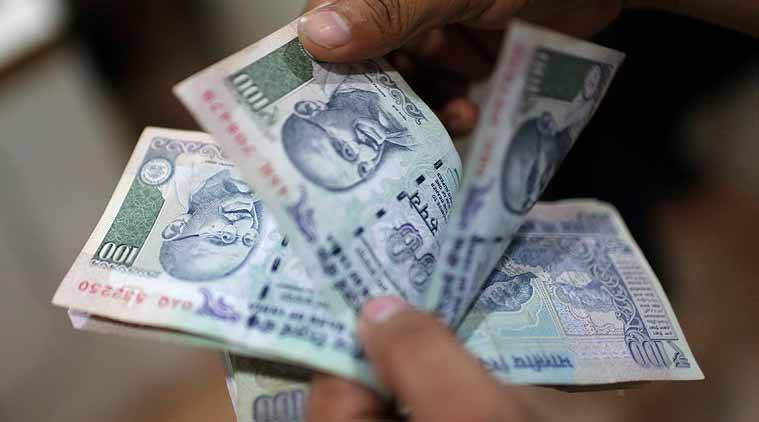The Treasury has indicated that India is on track to meet the fiscal deficit target of 6.4% of GDP for FY 2022-23 amid higher tax revenues. While this is good news, there is still work to be done to boost tax revenues. India’s tax-to-GDP ratio is 10-11%, well below the average for other emerging economies, where it is 21% of GDP, while the equivalent ratio for the OECD countries is 33%. Against this background, it can be expected that the forthcoming budget will continue to focus on fiscal consolidation through higher tax revenues. Fiscal consolidation combined with simplification and rationalization may be the overarching themes of this budget.
Rationalization of capital gains
In a recent interview, the Treasury Secretary recognized the need to streamline capital gains provisions. In order to establish parity between assets of similar categories, a uniform holding period can be introduced for each asset class. For example, while the holding period for listed shares to qualify as “long-term” is 12 months, for listed shares of Real Estate Investment Trusts (REITs) / Infrastructure Investment Trusts (InvITs) it is still 36 months. Rationalization of holding periods, base year and capital gains tax rates can be expected in the budget.
simplification
The low tax regime (with no exemptions and deductions) for individuals was introduced in 2020 under Section 115BAC as a simpler alternative without claiming any investment-related deductions or exemptions. This should come in handy for people who haven’t been able to invest and claim deductions. However, this regime did not see many takers. These provisions may need to be streamlined and the flat rates adjusted to make them more attractive to taxpayers than the old regime.
The proposal for a unified ITR form (instead of the existing six) was also considered to further simplify the compliance process. However, given the investment in time and technology required to formulate a common benefit, this proposal may not find a mention in the upcoming budget; but may be picked up later, later in the year, or in future budgets.
Practical Challenges
With the move to faceless assessments over the past two or more years, taxpayers have faced practical difficulties in obtaining the orders that give effect to appeal orders, which in turn affects their ability to receive any refunds that may be assessed. A mechanism for the timely adoption of effective orders is needed.
Despite the establishment of the National Faceless Appeal Center (NFAC) to streamline the handling of appeals before the CIT(A), there are still significant pending appeals and significant delays in hearing and handling matters. A change that imposes a deadline for the resolution of CIT(A) complaints (similar to the deadlines prescribed for the completion of assessments) can be welcomed in order to reduce the number of pending complaints. In addition, a mechanism to monitor taxpayer requests for early hearings can be put in place to ensure that such appeals are dealt with in a timely manner.
Attracting Foreign Investment – Extension of Sunset Clause
India has seen significant increases in manufacturing FDI in the recent past (76% increase in FDI in FY21-22). Part of this increase can be attributed to the introduction of a lower tax regime for domestic manufacturing companies (corporate tax rate of 15%) in 2019. The benefit of the 15% tax rate is currently available to companies incorporated on or before March 31 and beginning operations in 2024. Extending this timeframe could encourage further investment in manufacturing.
In addition, some other Sections (194LC and 194LD) also encourage foreign investment in India by providing preferential tax rates on certain incomes of foreign investors. Both sections have an expiry date of July 1, 2023. This Budget may consider extending the deadline, which will help Indian companies with their funding needs and provide attractive investment opportunities for foreign investors.
As this is the last full budget from the incumbent government, we hope that the government will continue on the path of fiscal consolidation and present a pragmatic budget.
Rajesh Srinivasan is Partner Supraja Srinivasan is a Manager at Deloitte India. The views expressed above are the authors’ own.

“Incurable gamer. Infuriatingly humble coffee specialist. Professional music advocate.”







